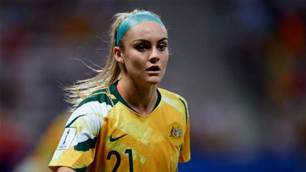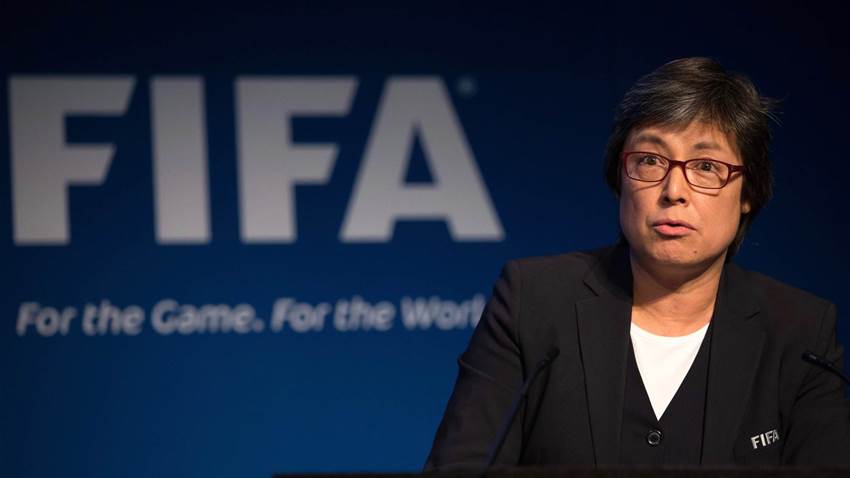One of the most powerful voices in Australian football, Moya Dodd, says the ongoing FFA congress debate has resulted in women's representation in football governance deteriorating.
Representation of Women’s football on the FFA board has deteriorated since two directors Moya Dodd and Cheryl Bart’s terms expired last year.
Those positions weren’t filled through an election due to the congress issue not being resolved.
Dodd said ongoing issues with the FFA has seen a decline in women’s voices at the top level of Australian football.
“The FFA board have gone from three women out of nine members to one woman out of seven,” she said.
“At the level of federation CEOs, Heather Reid was at Canberra United and since she retired that has gone to zero.
“I’m also pretty sure there are no chairs or CEOs of A-League clubs who are women, even though most of these clubs run W-League clubs as well.
“In governance, the presence of women is deteriorating at the highest level and yet the women’s game is the highest growing segment.”
In 2013 Dodd was appointed as one of the first women on the FIFA Executive Committee.
She said the statutes FIFA passed almost two years ago at the February 2016 congress must be part of the discussion during the upcoming meetings they have with the FFA this week.
“It’s now an obligation of member associations, under the FIFA statutes, in their legislative bodies, to take into account the importance of gender equality in football,” she said.
“FIFA added new statutory objectives around women’s participation and one of those is to promote the development of women’s football and the full participation of (women in) all levels of football governance.
“So it’s clearly an imperative from FIFA’s perspective that these matters are addressed.”
Dodd said that it was a well-established fact that a diverse decision-making body will make better decisions than one that is not diverse.
“It’s important to have those with a lived experience of the women’s game and those who have lived through it involved in the decision making,” she said.
“Because they understand the challenges and the solutions.
“Women were banned from playing football for a long time in many countries. So, we have a lot of making up to do to bring the women’s game where it rightly belongs.
“It’s taken 100 years to get to that level because of the exclusion that has been suffered, so it’s important to ensure that from here on the women’s game can flourish.”
Dodd said if gender equality provisions in the FIFA statutes are adopted by Australia, it’s not only going to assist the women’s game on a local level, but globally as well.
“If Australia does it well, then it’s going to do a lot for women's football all over the world,” she said,
“There are enormous challenges elsewhere. In Saudi Arabia, there is no formal program that is run for women by the football federation, and in Iran women can’t watch football games.
“Then you come home to Australia where you see that women are the best story in Australian football right now.
“I would hope that we can also - in terms of the governance structure - create the most inclusive code in Australian sport.
“That would be a fantastic springboard for our Women's World Cup bid.”
Related Articles

'Timing not right': Montemurro's verdict on Matildas vacancy

Matildas: 'Fourth at the Olympics is honestly the worst place you could come'
.jpg&h=172&w=306&c=1&s=1)












